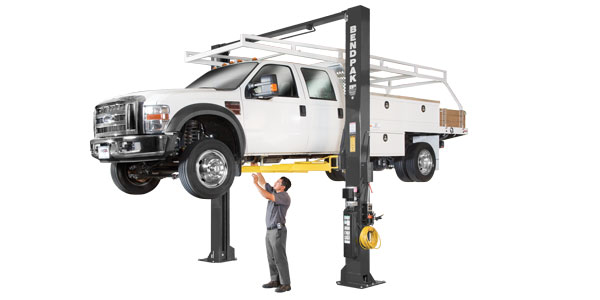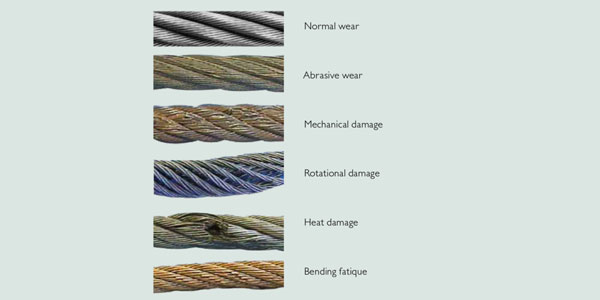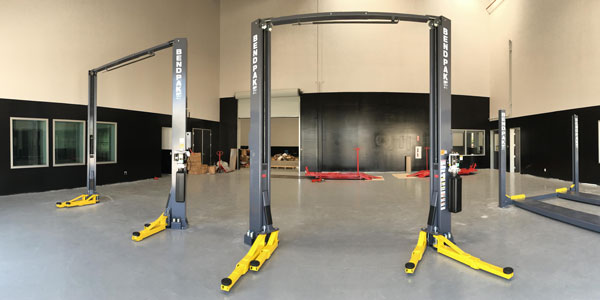PulseTech Products Corp. notes that the effects of summer heat can play havoc with vehicle batteries – evaporating fluids and accelerating corrosion, effectively decreasing performance and significantly increasing chances of premature death.
While cold weather is often blamed for the preponderance of battery failures, it’s heat that is the main culprit, as statistics show more battery failures in July than January.
A typical hot summer day of 90 degrees, for example, can effectively push a vehicle’s under-the-hood temperatures soaring to 140 degrees or more.
So why do batteries fail? The interaction of sulfuric acid with the surface area of the lead plates is at the heart of a battery’s ability to create, store and release energy.
Basically, a battery is able to store and supply energy if enough of the active plate material is available to allow an energy transfer to occur naturally. In theory, batteries should last many years, but they usually don’t because of a series of detrimental problems caused by excessive sulfation buildup related to the natural and necessary formation of sulfate crystals that can, if left unattended, crystallize and harden, forming a coating on the surface of the lead battery plate, which can lead to premature battery failure.
To beat the heat and ensure optimum battery performance, PulseTech Products Corp. offers several routine battery maintenance suggestions:
• Clean the battery case to remove any dirt.
• Ensure terminal posts are clean and corrosion free. If corrosion is present, clean the terminal posts with a small wire brush and use corrosion-inhibiting spray or dialectic grease to prevent future sulfate deposit buildup.
• Heat can speed up battery fluid evaporation so ensure electrolyte levels are maintained properly. If battery caps are removable, you can easily check the fluid level and make sure levels are just below the maximum line. Not all batteries have a visible maximum fill line. If that’s the case with your battery, simply fill to 1/8-in. below the ring of plastic that extends into the cell. Always remember to use distilled water (not tap water) and don’t overfill as heat can cause the fluid to expand and overflow.
• Use a battery tester to ensure the battery has a minimum charge of 12.6 volts. If the charge is below this level, you will need to charge the battery in a well-ventilated area. To ensure best performance, use a smart charger for a week or more to dissolve the capacity-robbing sulfates so the battery can be fully charged and retain full capacity.
Although summer can be hard on vehicle batteries, it’s also a perfect time to harness the sun’s power with the use of PulseTech’s SolarPulse products. According to the company, the pulse technology found in the SolarPulse products reverses the naturally occurring process of battery sulfation—the main cause of battery failure—and will make batteries last up to five times longer.
In addition, the SolarPulse and Xtreme Charge technology is unique and effective as it utilizes a distinct pulse waveform. This waveform created through years of research, initially for the U.S. military, has a strictly controlled rise time, pulse-width, frequency and amplitude of current and voltage pulse, the company added.




